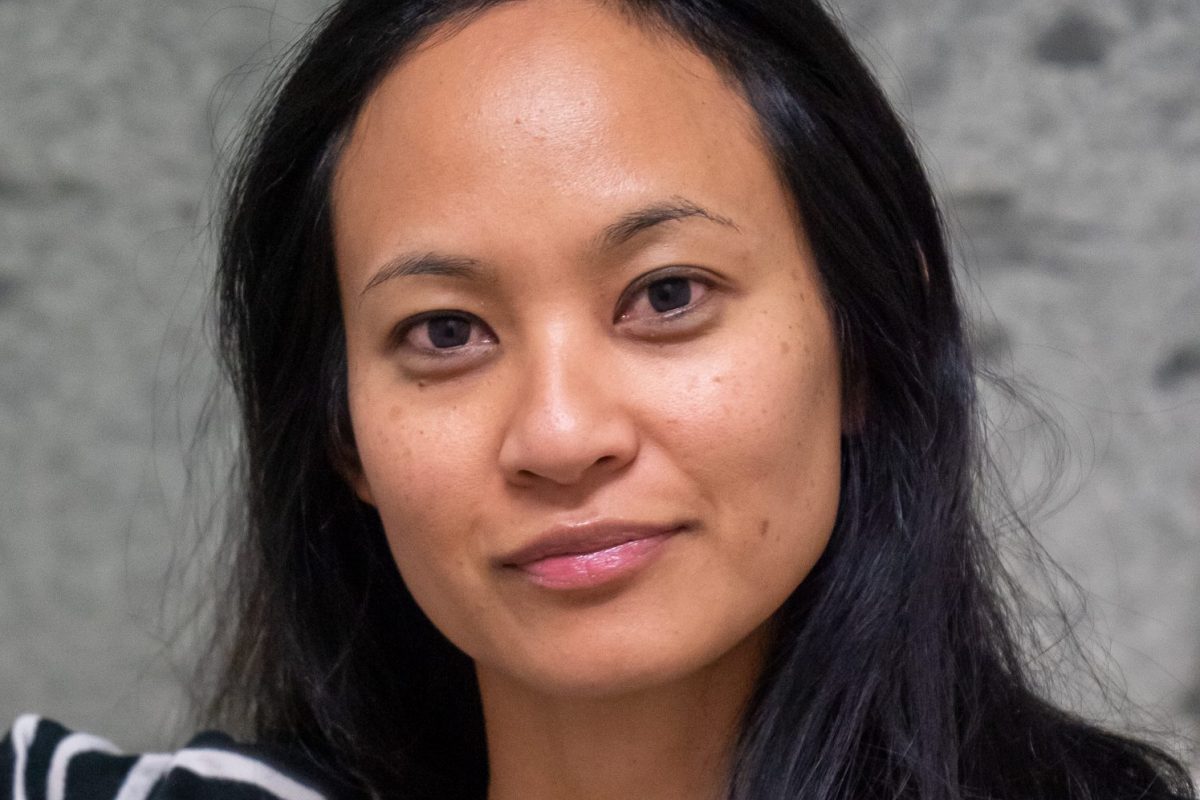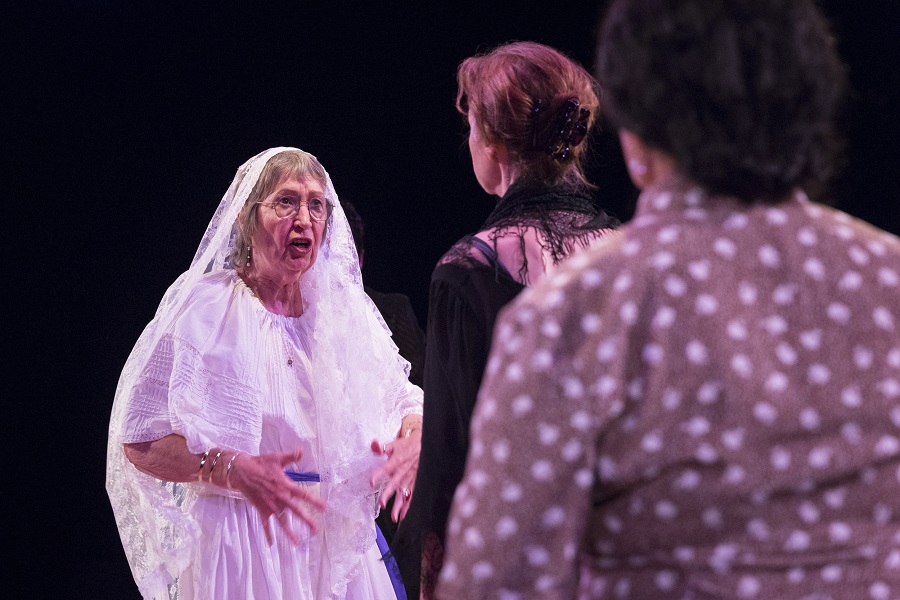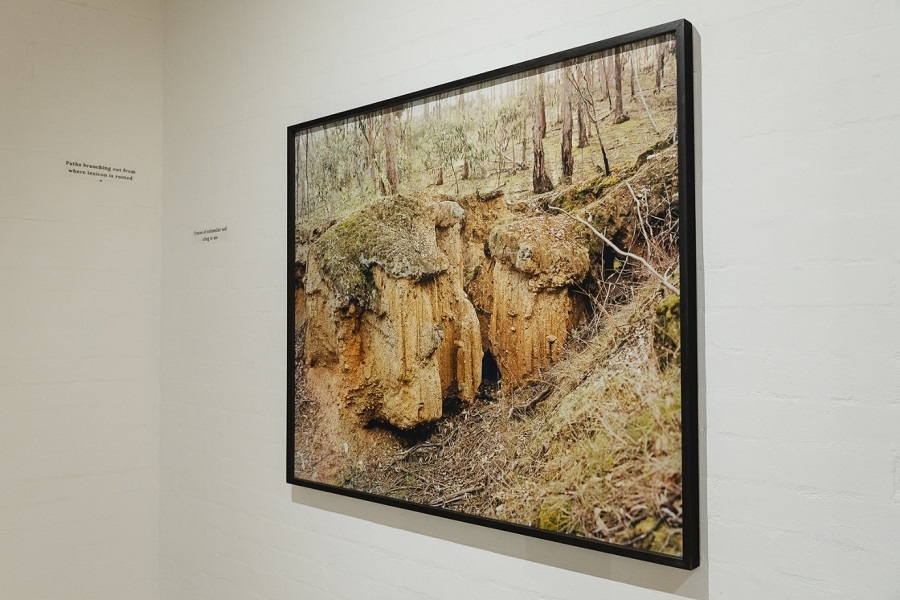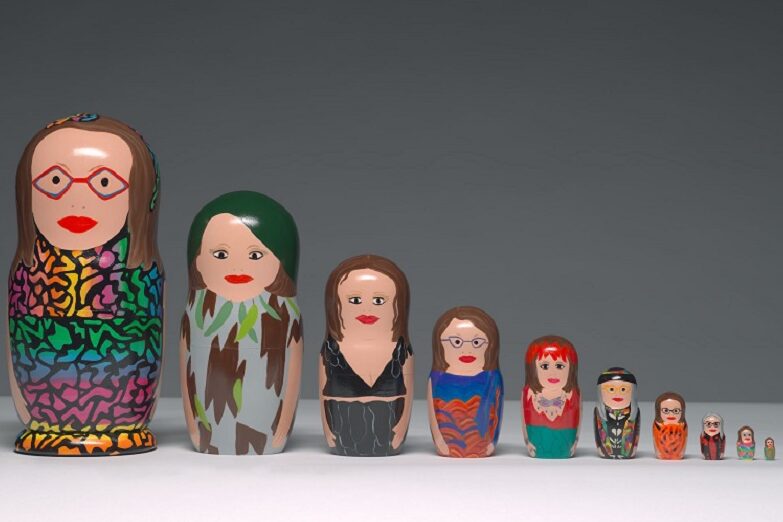
WHEN Ausdance ACT recently announced that Canberra dancer Ade Suharto had won a coveted Pina Bausch Fellowship for Dance, I wondered how, in covid-affected times, she’d ever be able to get to Germany.
For the foundation set up by the late Bausch, mentor to Meryl Tankard, is based in Wuppertal, Germany, and these days, travel is impossible.
Not to worry, as Suharto tells me when we catch up in her Belconnen apartment, the fellowship is well-matched to these testing times and can be done remotely. It’s not a residency program aimed at productions but rather it enables the scholarship holder to learn new ways and techniques by working with a cooperation partner virtually.
As required, she’s created her own digital cooperation format jointly with veteran Chennai contemporary dancer-choreographer Padmini Chettur, who famously combines a classical training with a degree from Birla Institute of Technology and Science.
Suharto, herself a contemporary dancer with a solid international practice behind her, is grappling with her lively 20-month-old toddler, Orlando, as we speak about her aspiration to bring an awareness of the contemporary aspects of Indonesian dance to Australians, too often so besotted with the colours and sounds of traditional dance that they forget it comes from a country every bit as modern as ours.
Born in Adelaide to Indonesian parents (no relation to the former Indonesian president), Suharto trained in contemporary dance at the University of Adelaide, which paid little attention to dance traditions from our northern neighbour, although it did let her do an honours thesis on the ultra-refined courtly Javanese dance form, “Bedoyo”.
Although her parents took her to anything Indonesian when they could and got aunties to teach her some dance steps, there was little or no Indonesian dance, she believes, outside the Perth consulate or Canberra’s embassy.
After working in arts management on projects including the Australian Performing Arts Market, she moved to Melbourne with her doctor husband, then, with babe in arms, to Canberra early last year.
Here she immediately made contact with former “CityNews” Artist of the Year Liz Lea, herself a cross-cultural dancer. Lea immediately signed her up to dance in the planned “BOLD” festival for early this year, but that’s been postponed because of covid.
As we talk, she comes across as very “Aussie” and says that’s largely how she sees herself, although she says her brother is much more Aussie.
But, as she explains, “something was beckoning me”. Propelled by a need to engage with the dance, philosophy and traditions of Indonesia, she has, over the past decade, embarked on scholarships and placements that have seen her performing all over the world.
In 2000 she went to the American dance festival in Durham, North Carolina to work with contemporary dancer Boi Sakti (“Power Boy” ) whose mother had codified the martial arts tradition of his Sumatran ancestry to bring it into dance.
She later on studied and performed with his Gumarang Sakti dance company in Berlin and Copenhagen.
An Indonesian Darmasiswa Scholarship allowed her an immersion experience in Indonesia, where she studied classical Javanese dance in Solo, experiencing real Bedoyo dance for the first time.
In Indonesia, she says, “there was a temporality and feel to dance and a synergy between dance and the music of the gamelan… I learned about a dance community which lived together and rehearsed six days a week, three times a day, a very different approach from Australia.”
Other grants followed and she travelled to Brisbane, Montreal, Makassar and under a 2005 Litchfield scholarship, spent time with Cloud Gate Dance Theater in Taiwan, seeing a more contemporary side of that company than is usually shown on tour.
With support from Art SA, Asialink, the Australia Council and the Australia-Indonesia Institute and Arts Project Australia, she worked with central Javanese composer, songwriter and singer Peni Candra Rini on a project now recorded on film about one of the most distinct characters of 20th-century Indonesian literature, “Nyai Ontosoroh” from the novel, “This Earth of Mankind” by Pramoedya Ananta Toer. The story of a former concubine who ends up managing a business empire, it has a feminist edge to it which makes it the perfect subject for exploration by female dancers.
Now, while waiting for Lea’s “BOLD” festival to resume as it will do in December, Suharto has plenty on her plate with the Pina Bausch Fellowship, which is in full swing online.
Her chosen guru this time, Padmini, is a formidable intellectual of the dance world who assesses movement and body shape with scientific rigour.
“She danced for Chandralekha [the legendary dancer and yoga guru] for 29 years… I’ve never seen her live, only online,” Suharto says.
“It’s going to be more of a lecture series, with eight in-depth sessions. She applies hard research to look at the body.”
So far, so good. Suharto has booked weekly live sessions with another dance at QL2 studio in Gorman Arts Centre and says of Padmini, “She’s open and generous but there’s detailed rigour, layered… this is more a body thing than dancing and choreographing – she talks and we need to listen.”
Who can be trusted?
In a world of spin and confusion, there’s never been a more important time to support independent journalism in Canberra.
If you trust our work online and want to enforce the power of independent voices, I invite you to make a small contribution.
Every dollar of support is invested back into our journalism to help keep citynews.com.au strong and free.
Thank you,
Ian Meikle, editor








Leave a Reply